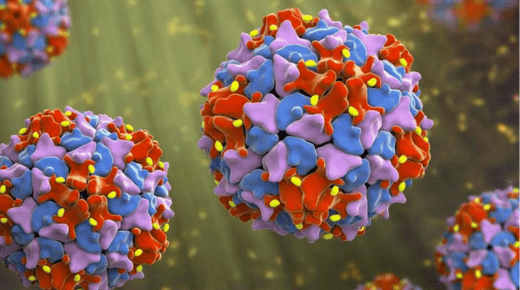
Some oral infections are severe if they are not treated at the right time. If you find any strange symptoms, it is advisable to seek medical attention immediately to minimize the effects of any oral infection. They can ulcerate your tongue and cause some symptoms. This article proposes the importance of understanding different infections in the mouth and the proper way to deal with them. A mild oral infection usually resolves independently, provided you do not exacerbate it. Know how to handle oral infections effectively, with the help of the dental clinic in Norfolk, MA through this blog.
Toothache
Toothache is a frequent complaint causing pain in the throat or a tooth. It can cause a sore mouth, especially when eating hot or cold foods. It may, moreover, cause your gums to become swollen. It can be a dental cavity or even an infection, which can cause a great toothache. There have been events when trauma to the tooth has caused toothache. Sometimes, a toothache does not recover in less than a few days. It is then treated as severe. Those times, an individual should consult a dentist. They can assist in correcting the issue and making your soreness disappear.
Tooth Decay
Cavities are one of the common causes of tooth decay through the accumulation of plaque. This happens because bacteria in your mouth turn sugars into acid. Underneath that layer of plaque, the acid then harms your actual tooth enamel. You should try to avoid the formation of cavities. Then, you should clean your teeth thoroughly with fluoride-containing toothpaste. Before bed, you must compulsorily rinse your teeth and gums with floss. Reduce the intake of hard and soft carbonated products. Go for dental checkups as often as possible to be attended to if you have any decay in your teeth.
Gum Disease
Periodontal disease begins with a stage called gingivitis; this causes inflammation of your gums, making them red. In cases not treated, it develops into periodontitis, a severe condition that might result in the pulling out of the teeth. To avoid the formation of gum diseases, brush your teeth with floss. If your gums are painful or bleeding, you need to see your dentist, even if it is a simple problem that has developed into something complex.
Bad Breath
Halitosis is a condition occasioned by infection or diseases, most of which affect the mouth region. It can also result from oral hygiene. Brushing your teeth is the best way to prevent bad breath. Besides, remember that using mouthwash can cure bad breath. If this occurs, go to your dentist to ascertain if there are any other related complications.
Gum Retraction
Gum Retraction is a very serious disorder in which the gums recede from the teeth, exposing the roots. This can make teeth sensitive and more prone to decay, and it can cause discomfort to the patient.
Tooth Sensitivity
Tooth sensitivity hurts with hot or cold food. It happens when the enamel is thin. Use special toothpaste. If it hurts a lot, see your dentist. They can help.
Chipped Tooth
A chipped tooth can happen if you bite something hard or get hurt. It can hurt and look odd. If you have tooth chips, visit the dentist. They can fix it.
Stained Teeth
Teeth get stains from food, drinks, or smoking. Stains can be yellow or dark. Use whitening products, or visit your dentist. Bad stains might mean a problem.
Conclusion
Find and fix oral problems early. Brush and floss your teeth daily. Go to the dentist for checkups. If you see a problem, visit the dentist soon. They help keep your mouth healthy and pain-free.




